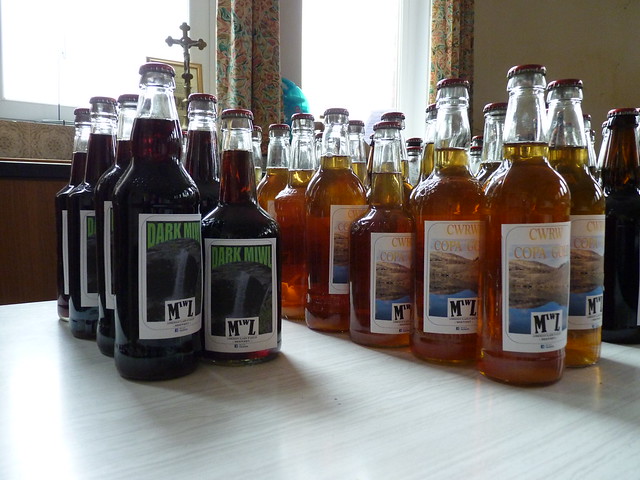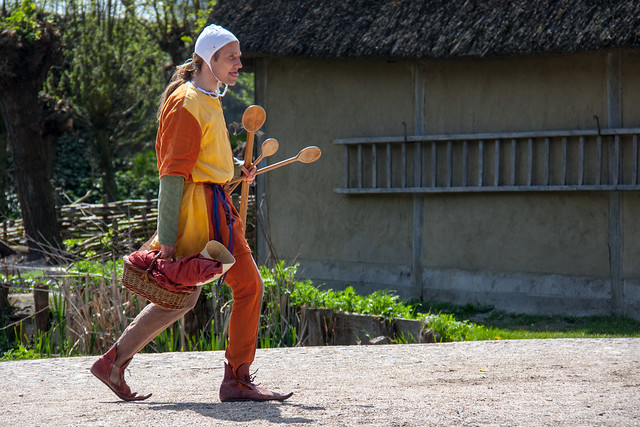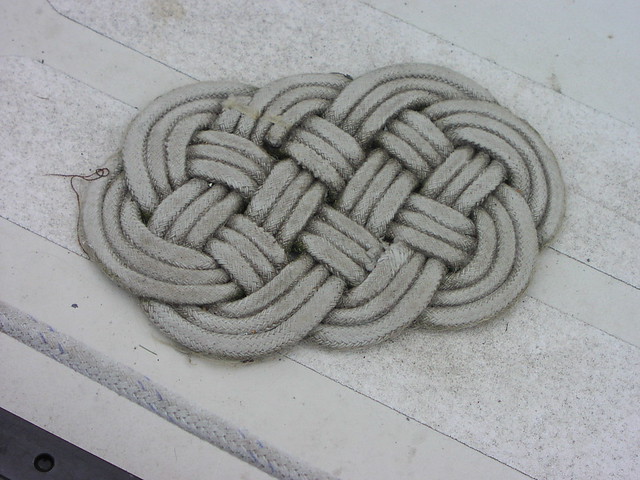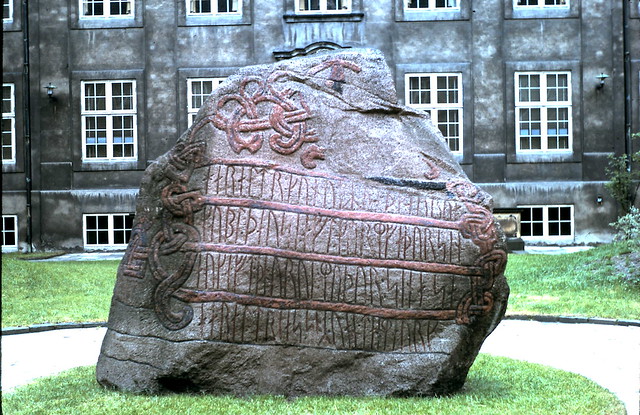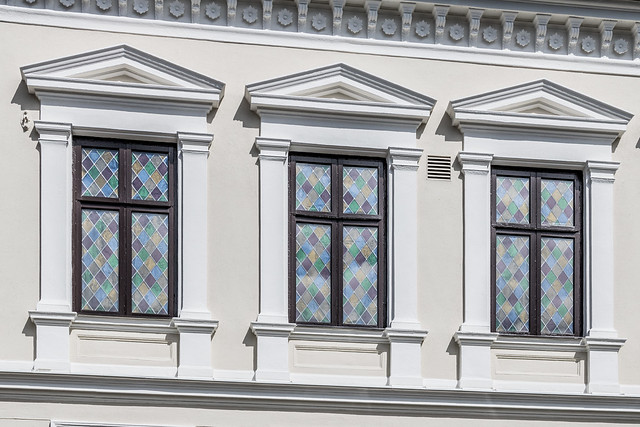Podcast: Play in new window | Download
There’s some building work going on at my house, so in this Adventure we’re digging into the origins of the word rubble.
Rubble [ˈɹʌb.əl] is:
- the broken remains of an object, usually rock or masonry
- rough, irregular stones broken from larger masses, esp. waste fragments from the demolition of a building, etc.
It comes from the Middle English rouble/rubel/robel, from the Anglo-Norman *robel (bits of broken stone), possibly from the Old Norse rubba (to huddle, crowd together, heap up), from the Proto-Germanic *rubbōną (to rub, scrape) [source].
It is probably related to the word rubbish (refuse, waste, garbage, junk, trash), which was robous (rubbish, buidling rubble) in Middle English [source]. The word rub possibly comes from the same roots as well [source].
Here’s a video I made of this information:
Video made with Doodly [afflilate link].
I also write about words, etymology and other language-related topics on the Omniglot Blog, and I explore etymological connections between Celtic languages on the Celtiadur.
You can also listen to this podcast on: Apple Podcasts, Amazon Music, Stitcher, TuneIn, Podchaser, PlayerFM or podtail.
If you would like to support this podcast, you can make a donation via PayPal or Patreon, or contribute to Omniglot in other ways.


